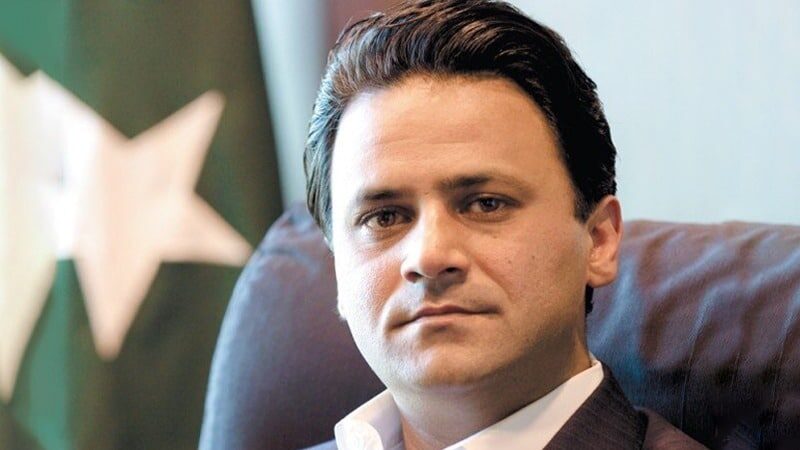Domestic and agriculture consumers are being provided with an annual subsidy of Rs. 450 billion, which is not sustainable. This was stated by the Special Assistant to Prime Minister on Power, Tabish Gauhar.
The SAPM was addressing a session on National Electricity Policy 2020, which will be submitted to the Council of Common Interests (CCI) for final approval. The policy covers the generation, transmission, distribution and supply, system operations, market development, and operations. It also outlines details for cost of service, tariff and subsidies, energy efficiency, and conservation. Furthermore, the policy also includes the framework of hydel and thermal development.
He said, “Industrial and commercial consumers are cross-subsidizing Rs. 250 billion,” adding that this is why Prime Minister Imran Khan noted industrial tariff being 25 percent higher in Pakistan, as compared to India and Bangladesh. “In addition to Rs. 250 billion cross-subsidy by industrial and commercial consumers, Rs. 200 billion subsidy is being given by the federal government, which we cannot afford,” he added.
ALSO READ
ECC Allows WAPDA to Issue $500 Million Eurobonds
He also informed that if this subsidy were to be reduced only to the consumers using 200 units per month, the consumers with higher usage would find their bills go up by 40 percent.
This has been attributed to previous governments by the Minister for Energy, Omar Ayub, who said that this high tariff is a result of expensive agreements signed by those governments.
SAPM Gauhar said provincial government and private sector, including banks, will also have to contribute to power sector investments in the future because the federal government alone cannot afford to continue this on its own.
Gauhar informed that the renewable policy is approved whereas the hydel policy is also in the final stage. Elaborating, he said that in the past, the model in place for financing power was ‘single-buyer,’ which meant that the federal government bore the entire burden of the supply. He said that this needs to be changed, and this burden should be divided between provinces and the private sector.
ALSO READ
WB to Fund $1.15 Billion For Hydropower and Renewable Energy Projects in KP
He said that the aim needs to be an uninterrupted supply of electricity at an affordable rate. If the cost goes as high as Rs. 20 or 25 per unit, it would not be of use. He also mentioned the recurrent issues with transmission and distribution of power and said that these challenges need to be addressed.
He said that Pakistan needs to move away from the “take or pay” model, which causes rent-seeking, and move towards the “take and pay” model. Under the latter, the IPPs will get a tariff on competitive tendering, awarded only to the lowest bidders. Gauhar said the government wants a multi-buyer and multi-seller system in the country.
ALSO READ
New Hydropower Dam Projects to Add 9620 MW of Electricity
Gauhar informed that the Finance Ministry is working on settling IPPs payment mechanism and will accomplish it within the next couple of months. He also said that while the currently accumulated Rs. 2.3 trillion of circular debt will decrease; it is unlikely that it will be eliminated. Some subsidy factor is likely to stay in the economy because of expensive agreements.

























